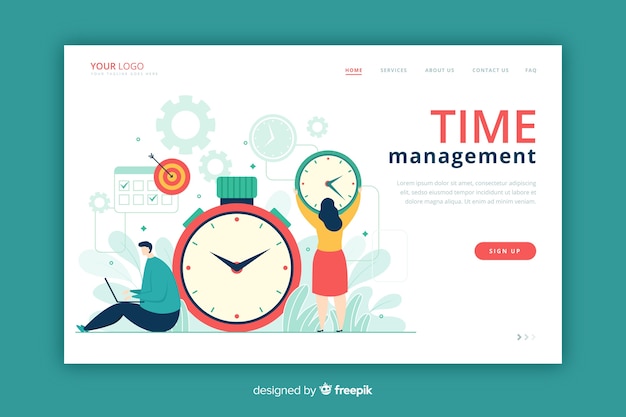
Today, we have a post from my friend Harry Campbell, a personal finance blogger. Harry began writing about personal finance on his main site, Your PF Pro, a few years ago and enjoyed it so much that he started another site, The Four Hour Work Day, focused on finding the perfect work-life balance. When Harry isn’t blogging, he works full-time as an aerospace engineer and enjoys surfing and playing beach volleyball.
In the United States, our workdays have traditionally been 8 hours long, spread over 5 days a week, with 2 weeks of vacation time being the norm. This routine dates back to the Industrial Revolution, which happened over 200 years ago. You’d think by now we would have realized that this way of working is a bit outdated and come up with something better, but we haven’t.
The current work model doesn’t make much sense and seems to persist simply because it’s what we’ve always done. As companies strive to be more innovative and boost productivity, we’re starting to question the effectiveness of the 8-hour workday. This system presents numerous challenges for modern employees and employers, especially as today’s millennials demand a better work-life balance.
Many jobs don’t actually require 8 hours of work every day, leading to a lot of wasted time. Employees often find themselves bored and resentful, while employers unknowingly pay for unproductive hours. The current system trades time for money, but a better approach would be to trade value for money. Not everyone needs 40 hours a week to do great work, so why force talented people into a rigid schedule?
The 8-hour workday also stifles creativity and productivity. Humans aren’t machines; we can’t just switch on at 9 am and off at 5 pm. While a consistent schedule can help with efficiency, the typical 8-hour day doesn’t align with our natural rhythms. Personally, I do my best work in the mornings from 8 am to 11 am and at night from 8 pm to midnight. People are generally more creative and productive in blocks of time with breaks in between, but the set 8-hour day doesn’t allow for this. Additionally, some people are early risers, while others work best in the afternoons or late at night.
Another issue is the restriction it places on our lives. If you’re supposed to get 8 hours of sleep and work another 8 hours, that leaves just 8 hours for everything else. Commuting can eat up 2 of those hours, leaving only 6 hours for family, relaxation, exercise, hobbies, and chores. This lifestyle is often very unsatisfying.
Companies that stick to the traditional 8-hour workday risk losing their best talent to more forward-thinking companies that offer flexible hours, remote work, or other alternatives. Many skilled employees are realizing there’s a better way and are turning to side hustles or starting their own businesses. We’ve seen stories of corporate greed where board members fly private jets while employees get laid off, and large bonuses go only to upper management. Why work hard when someone else reaps all the benefits?
The traditional 8-hour workday is outdated and inefficient, leading to many hours of wasted time. But times are changing. Employers are slowly realizing that a new way of doing business is emerging, and employees are finding that they can run their own businesses, set their own schedules, and enjoy more freedom.
What do you think about working a traditional 8-hour workday? It might be a good starting point, but doesn’t it make sense to find a more flexible job or start your own business?